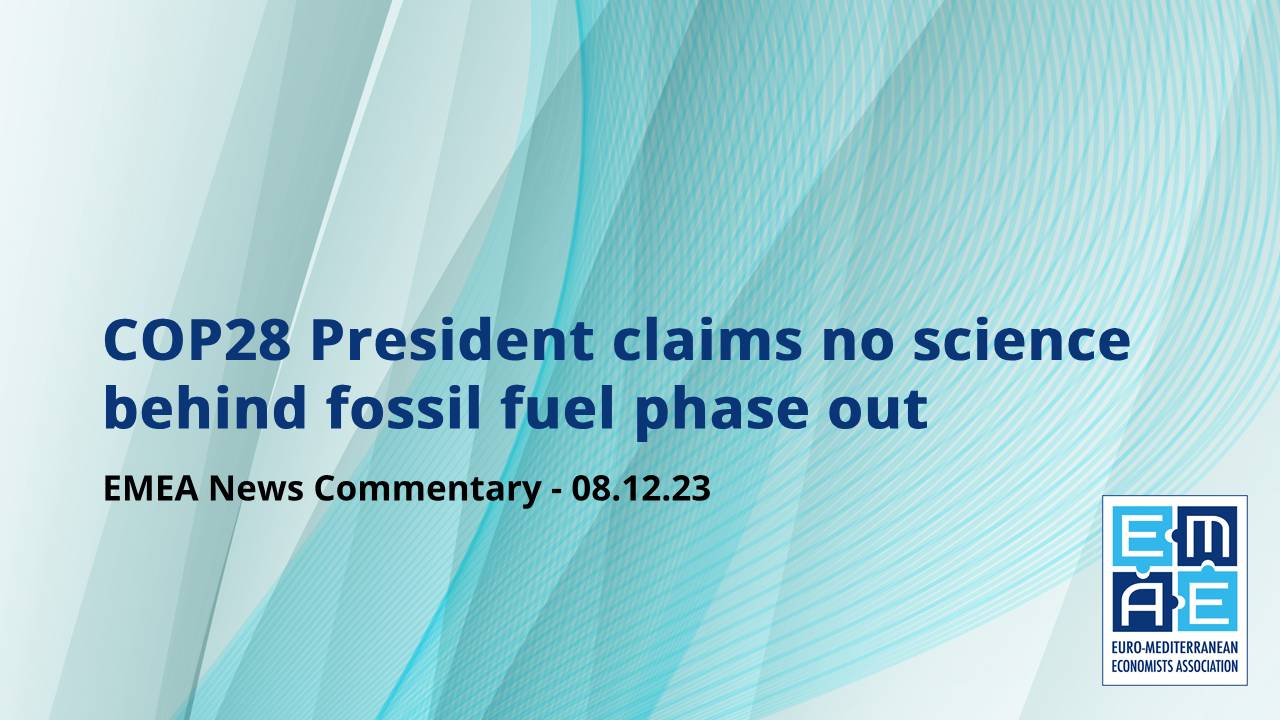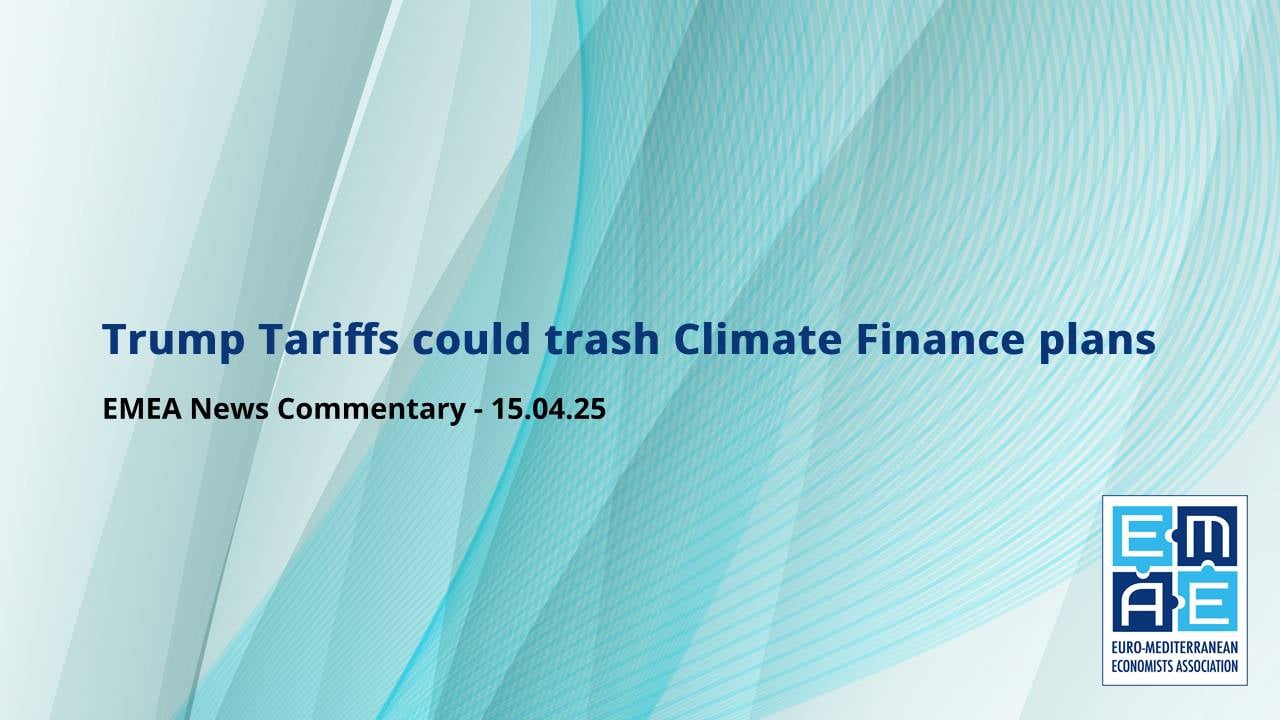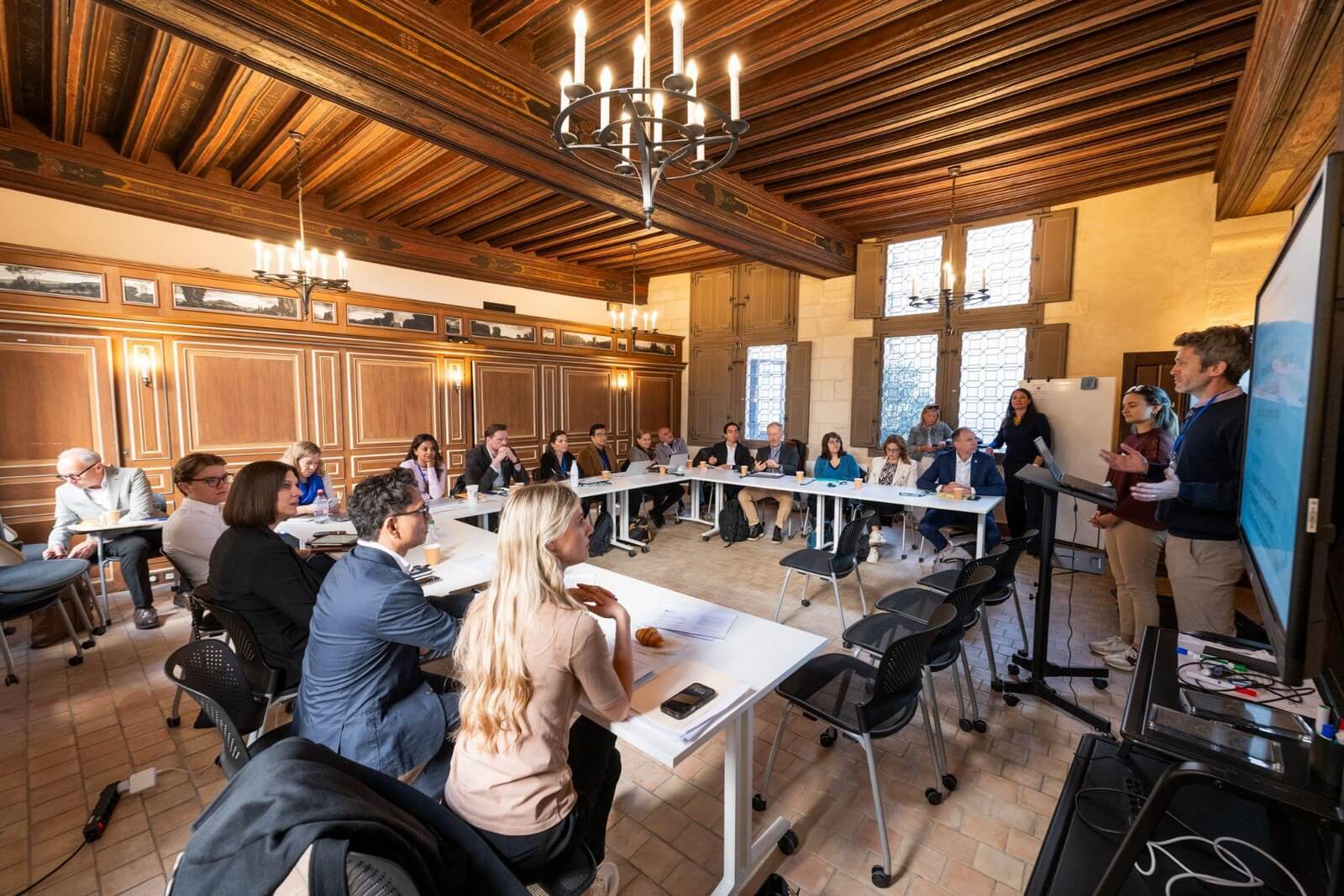If fossil fuels are phased out, the world would end up going ‘back into caves.’
That’s the view of Sultan Al Jaber, the man presiding over the COP28 Climate Summit. He’s claimed that the science doesn’t exist to justify eradicating the use of coal, oil and gas, in order to limit an increase in global temperatures of no more than 1.5˚C.
Mr Al Jaber – who is also CEO of the Abu Dhabi National Oil Company (ADNOC) – stated his view during a heated pre-Summit discussion with the former UN special envoy on climate change, Mary Robinson, chair of the Elders group, the independent collaboration of global leaders working for peace, justice, human rights and a sustainable planet.
The clash came at a ‘She Changes Climate’ event, just prior to the opening of the Summit, as reported in The Guardian.
During the heated exchange, Robinson said: “We’re in an absolute crisis that is hurting women and children more than anyone … and it’s because we have not yet committed to phasing out fossil fuel. That is the one decision that Cop28 can take and in many ways, because you’re Head of ADNOC, you could actually take it with more credibility.”
In response, Al Jaber retorted: “I accepted to come to this meeting to have a sober and mature conversation. I’m not in any way signing up to any discussion that is alarmist. There is no science out there, or no scenario out there, that says that the phase-out of fossil fuel is what’s going to achieve 1.5˚C.”
She then challenged him further: “I read that your company is investing in a lot more fossil fuel in the future.”
To which Al Jaber responded: “You’re reading your own media, which is biased and wrong. I am telling you I am the man in charge.”
He then added: “Please help me, show me the roadmap for a phase-out of fossil fuel that will allow for sustainable socioeconomic development, unless you want to take the world back into caves.
“I don’t think [you] will be able to help solve the climate problem by pointing fingers or contributing to the polarisation and the divide that is already happening in the world. Show me the solutions. Stop the pointing of fingers. Stop it,” Al Jaber said.
Phasing out with a clear timeframe
Scientists described the remarks as “incredibly concerning” and “verging on climate denial.” Mr Al Jaber’s comments were also said to conflict with the position of the UN secretary general, António Guterres.
Mr Guterres was reported as telling COP28 delegates: “The science is clear: The 1.5˚C limit is only possible if we ultimately stop burning all fossil fuels. Not reduce, not abate. Phase out, with a clear timeframe.”
And Bill Hare, the chief executive of Climate Analytics, said: “This is an extraordinary, revealing, worrying and belligerent exchange. ‘Sending us back to caves’ is the oldest of fossil fuel industry tropes: it’s verging on climate denial.”
He continued: “Al Jaber is asking for a 1.5˚C roadmap – anyone who cares can find that in the International Energy Agency’s latest net zero emissions scenario, which says there cannot be any new fossil fuel development. The science is absolutely clear [and] that absolutely means a phase-out by mid-century, which will enhance the lives of all of humanity.”
Prof Sir David King, the chair of the Climate Crisis Advisory Group and a former UK chief scientific adviser, said the COP28 President’s defence of fossil fuels was incredibly concerning and surprising. “It is undeniable that to limit global warming to 1.5˚C, we must all rapidly reduce carbon emissions and phase-out the use of fossil fuels by 2035 at the latest. The alternative is an unmanageable future for humanity.”
Dr Friederike Otto, of Imperial College London, UK, rejected the claim that fossil fuels were necessary for development in poorer countries, saying that the latest report from the Intergovernmental Panel on Climate Change “shows that the UN’s sustainable development goals are not achievable by continuing the current fossil-driven high emission economies. [There are] massive co-benefits that come with changing to a fossil-free world”.
Just the beginning
Defending Mr Jaber’s stance, a COP28 spokesperson said: “The IEA and IPCC 1.5˚C scenarios clearly state that fossil fuels will have to play a role in the future energy system, albeit a smaller one. The COP President was quoting the science and leading climate experts.
“He has clearly said that the oil and gas industry must tackle scope 1 and 2 emissions [from their operations], must invest in clean energy and clean technologies to address scope 3 emissions [from burning fuels], and that all industry must align around keeping the north star of 1.5C within reach.
“Once again, this is clearly part of a continued effort to undermine the COP presidency’s tangible achievements and a misrepresentation of our position and successes to date.”
The spokesperson said the UAE presidency had operationalised the loss and damage fund with more than $700m, launched a $30bn private market climate vehicle and brought 51 oil companies to agree decarbonisation targets and 119 countries to sign a pledge to triple renewable energy. “This is just the beginning,” the spokesperson said.
The Guardian reported that more than 100 African, European, Pacific and Caribbean countries had backed up a phase out of unabated fossil fuels, along with the United States. Others, such as Russia, Saudi Arabia and China, had rejected the call – and both options were on the table at COP28. Other proposals, however, were to only mention coal, or not to say anything at all about fossil fuels.
In his conversation with Robinson, Al Jaber also said: “A phase-down and a phase-out of fossil fuel in my view is inevitable. That is essential. But we need to be really serious and pragmatic about it.”
“Hold on. Let me just explain,” he said. “The world will continue to need energy sources. We [UAE] are the only ones in the world today that have been decarbonising the oil and gas resources. We have the lowest carbon intensity.”
This refers to the emissions from the energy used to extract fossil fuels, not the far larger emissions from burning the fuels. “There is no such thing as ‘low carbon’ or ‘lower carbon’ oil and gas,” said Otto.
According to the Guardian, numerous commentators have said that negative or embarrassing revelations about Al Jaber and ADNOC would “increase the pressure on him to deliver a strong COP28 deal.
The paper has also recently reported that “state-run UAE oil and gas fields had been flaring gas daily”- despite committing to a policy of zero routine flaring 20 years ago.
Shift focus away from renewables, says Exxon boss
Meanwhile, Exxon chief Darren Wood, told the Financial Times at the COP28 Summit that UN climate talks have focused on renewable energy for too long.
Woods, making his first Summit appearance, said that the oil and gas major had a role to play in reducing emissions and that hydrogen, biofuels and carbon capture could all assist in tackling climate change.
“The transition is not limited to just wind, solar and EVs,” Woods said in the interview. “Carbon capture is going to play a role. We’re good at that. We know how to do it, we can contribute. Hydrogen will play a role. Biofuels will play a role,” stated the Exxon boss.
The US energy petroleum giant was among the 50 top oil and gas companies attending the Summit, which had signed a pledge to cut emissions from their own operations. However, these only made up only a minority of their contribution to global warming, the FT reported.
Woods said the discussions on limiting global temperature increases to a 1.5˚C ceiling had “put way too much emphasis on getting rid of fossil fuels, oil and gas, and not . . . on dealing with the emissions associated with them.”
Predicting that there would be “continued demand” for oil and gas, he supported a “continuum where, in some places, you will completely replace the combustion of oil and gas and coal, and other places you’ll deal with the emissions associated with it.”
Corrupting and infiltrating policymaking
But Geoffrey Supran, a climate expert and lead author of a report in the journal Science which found that Exxon scientists had correctly predicted global warming as early as the 1970s, said that the company’s attendance at COP28 was “very much part and parcel of the fossil fuel industries’ decades of efforts to infiltrate and corrupt attempts by policymakers to meaningfully address the climate crisis.”
He added that Exxon had “not changed its stripes” and was still attempting to delay global efforts to tackle climate change. He said Woods’ participation at COP28 suggested the industry was “shaking in its boots.”
On Saturday, Woods told the FT that the company had “always focused on doing the right thing. I focus more on what we can do to contribute and meet the needs in society.”
UN climate talks have focused on renewable energy for too long says Exxon chief (ft.com)





